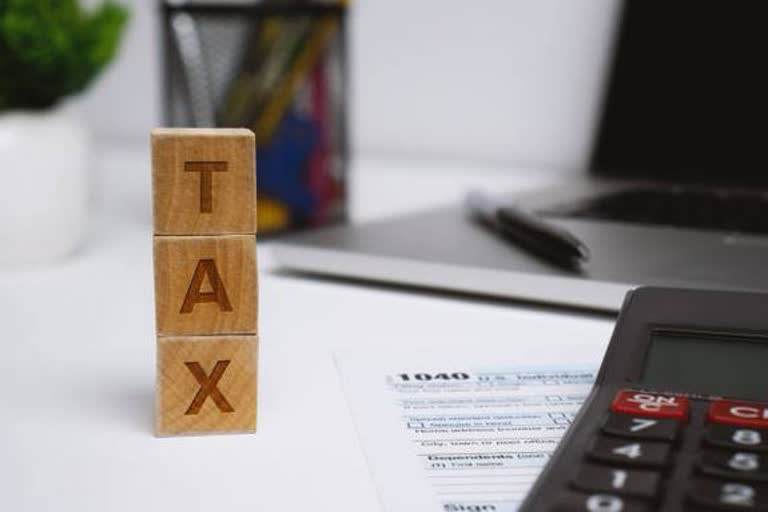New Delhi: The meeting of the Union Cabinet chaired by Prime Minister Narendra Modi Wednesday approved changes in the Vivad Se Vishwas Bill 2020, which was tabled in the Lok Sabha earlier this month.
The bill will pave the way for a dispute resolution scheme for direct tax payers on the lines of Sabka Vishwas Scheme for indirect tax payers, which was announced last year. According to experts, taxpayers, whose cases have been pending before appellate tribunals and courts, have been awaiting for such schemes.
“Are people going to take the scheme? Yes. They want a quick resolution. They want to move ahead,” said Archit Gupta, Founder and CEO of Clear Tax.
In the bill moved in the Lok Sabha earlier this month, Finance Minister Nirmala Sitharaman stated that direct tax arrears amounting to more than Rs 9 lakh crore are stuck in litigation at various forums across the country.
“Considering that the actual direct tax collection in the financial year 2018-19 was Rs 11.37 lakh crores, the disputed tax arrears constitute nearly one year direct tax collection,” she said in the bill.
These cases are pending before commissioner appeals, Income Tax Appellate Tribunal (ITAT), and the High Court and Supreme Court. And a quick resolution will benefit both the taxpayers and the government.
“Frankly, these schemes get very popular, it's a good opportunity. People actually want to come clean. This is a good opportunity to do so,” Archit Gupta of Clear Tax told ETV Bharat.
Read more:Coronavirus outbreak opportunity for India to expand exports: CEA
Finance minister Nirmala Sitharaman had last year announced Sabka Vishwas Scheme (legacy dispute resolution scheme) for indirect tax payers whose dispute over central excise and service tax were pending before various forums.
